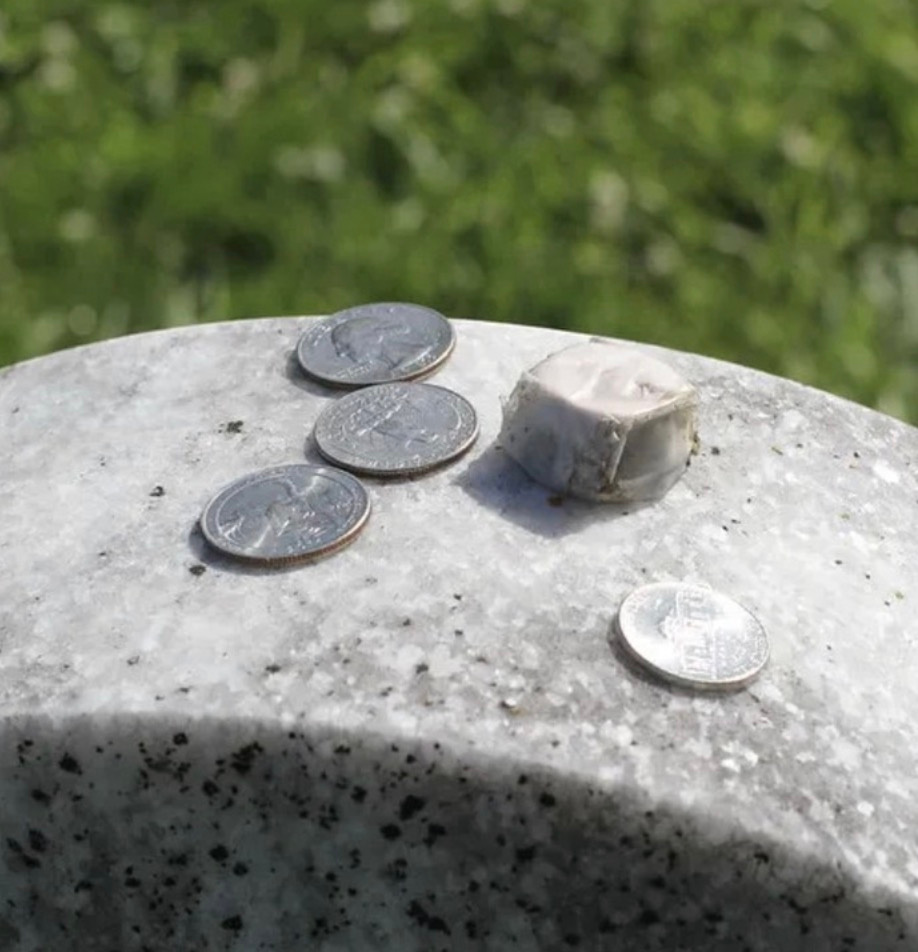
Coping with the loss of a loved one is a challenging journey, even when they rest in a visitable site. Many individuals express their deep connection by leaving intricate offerings like flower arrangements, and in certain cultures, even snacks. However, the tradition of placing coins on gravestones holds a distinctive significance, primarily associated with military personnel, carrying a profound meaning for veterans and their families.
The origins of the practice are somewhat unclear, with claims suggesting a historical connection to the Roman Empire, though lacking concrete documentation, according to Snopes. Regardless of its historical roots, one undeniable truth remains, those who serve in the armed forces, along with their loved ones, endure sacrifices that often surpass common understanding.
The custom of leaving coins on gravestones can be traced back to the Vietnam War era, where it served as a practical means of communication amidst the divisive political climate surrounding the war. Leaving a coin became a subtle yet meaningful gesture, avoiding potential contentious discussions with the soldier’s family about the politics of the war. This revelation is shared on the American Legion Website.
Beyond its practical origins, the tradition of leaving coins on gravestones has evolved into a symbolic act of showing respect and honoring fallen comrades. Each coin type carries a distinct meaning in this poignant practice. A penny symbolizes a simple visit, a nickel holds sentimental value as it signifies shared experiences in boot camp, a dime represents serving together, even briefly, before a transfer, and a quarter, perhaps the most significant, indicates that the individual was present during the time of death, offering solace to the grieving family.
This tradition of military personnel leaving coins is not the sole connection between the military and monetary symbols. Challenge coins, a beloved military tradition, have deep roots dating back to World War I, symbolizing unity among those who have served. While challenge coins hold sentimental value and represent unity, they lack any monetary worth.
Coins, as symbols, extend beyond military traditions, playing roles in various cultural practices. Coins are often seen as symbols of good luck, goodwill towards newlyweds, and objects for making wishes. Throughout history, there have been instances of individuals being buried with their wealth, although not necessarily in the form of coins. Abraham Lincoln, for instance, was reported to be buried with two-half dollars over his eyes.
While the specific symbolism of currency may remain unclear in the tradition of placing coins on gravestones, the practice signifies a bond that transcends superficial understanding. It serves as a powerful and enduring tribute, acknowledging the sacrifices made by those in the service and their families, ensuring their dedication is never overlooked or forgotten.
This GIrl Left Her Family at 14 to Pursue Music in Another Country — Now She’s World-Famous with Guinness Records
This young girl was born into a large, ethnically Albanian family. Her parents moved to London from Albania three years before she was born. She grew up in London for much of her formative years.
However, when she turned 11, her parents told her they would no longer live in London. Instead, they were moving back to their native country. It was the end of primary school for the girl, and all her friends were also going to different schools, but none were in a foreign country.
Despite the significant change, the girl was excited to go to Kosovo and see her cousins who lived there. However, three years later, at 14, she told her parents she didn’t want to live there anymore. She moved away and went on to break Guinness World Records.
The Girl’s Childhood
The girl was born to a Bosnian mother and a Kosovan father. In the 90s, her parents experienced war in their home country. Her mother and father were living with her paternal grandfather, the head of the Kosovo Institute of History.
Although the girl’s grandfather took pride in his career, it ended when the war broke out. She shared:
“Once the Serbians came in, they wanted a lot of the historians to rewrite the history of Kosovo. To change it – that Kosovo was always part of Serbia and never part of Yugoslavia. And my grandfather was one of those people who wouldn’t, so he lost his job because he didn’t want to write a history that he didn’t believe to be true.”
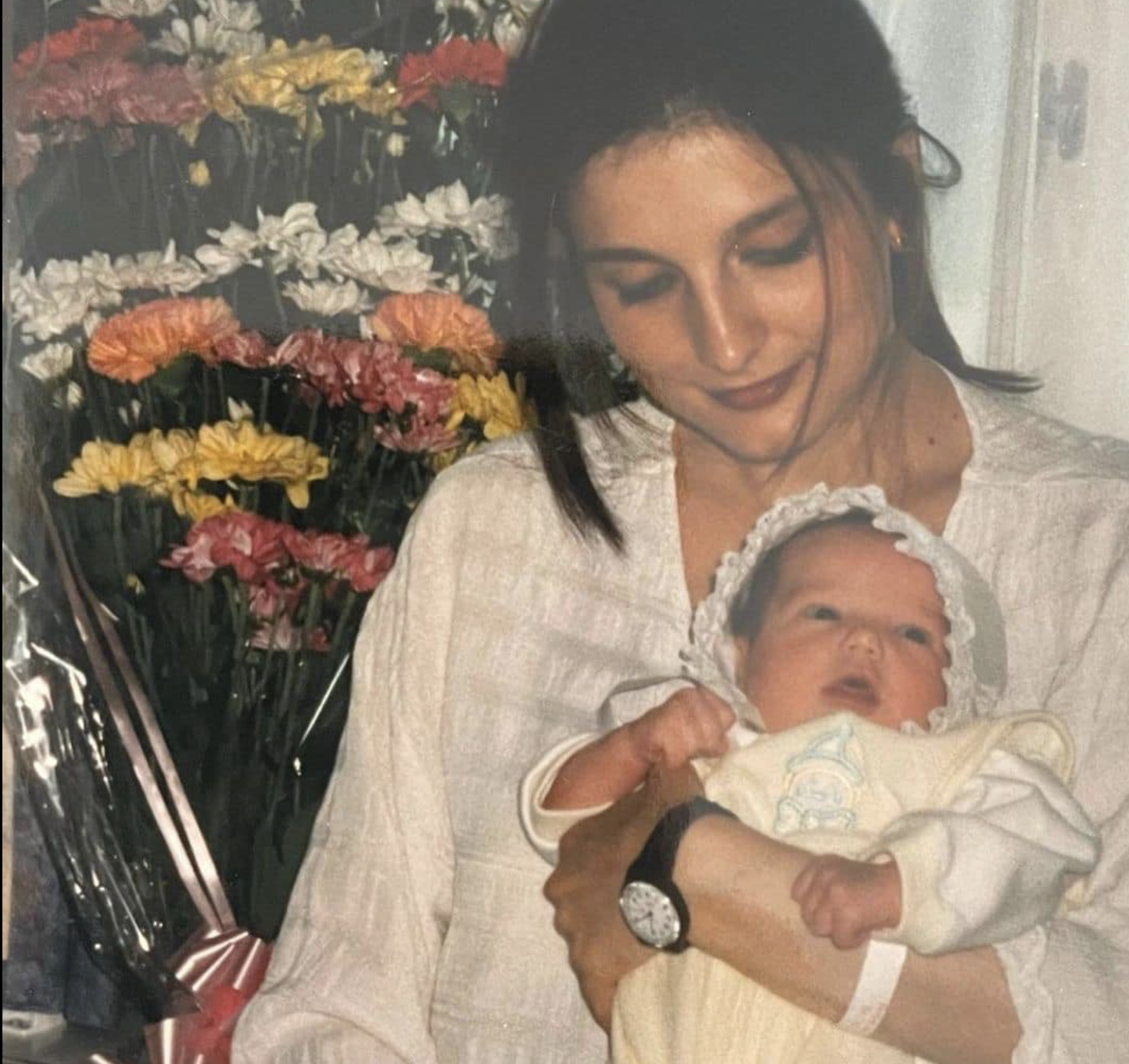
In 1992, the girl’s parents moved from Albania to London to seek refuge from the war. However, their parents stayed behind in Bosnia and Kosovo. The girl’s father never got to say goodbye to his father as he died of a heart attack the year the war ended when the borders were still closed. Despite all the heartache the couple had experienced, they welcomed their daughter in northwest London in 1995.
The girl said that she watched her parents work every day of her life. Her father was working toward becoming a dentist and her mother a lawyer when they were forced to flee their home country. Being in London forced them to take jobs in cafés and bars. They also went back to school.
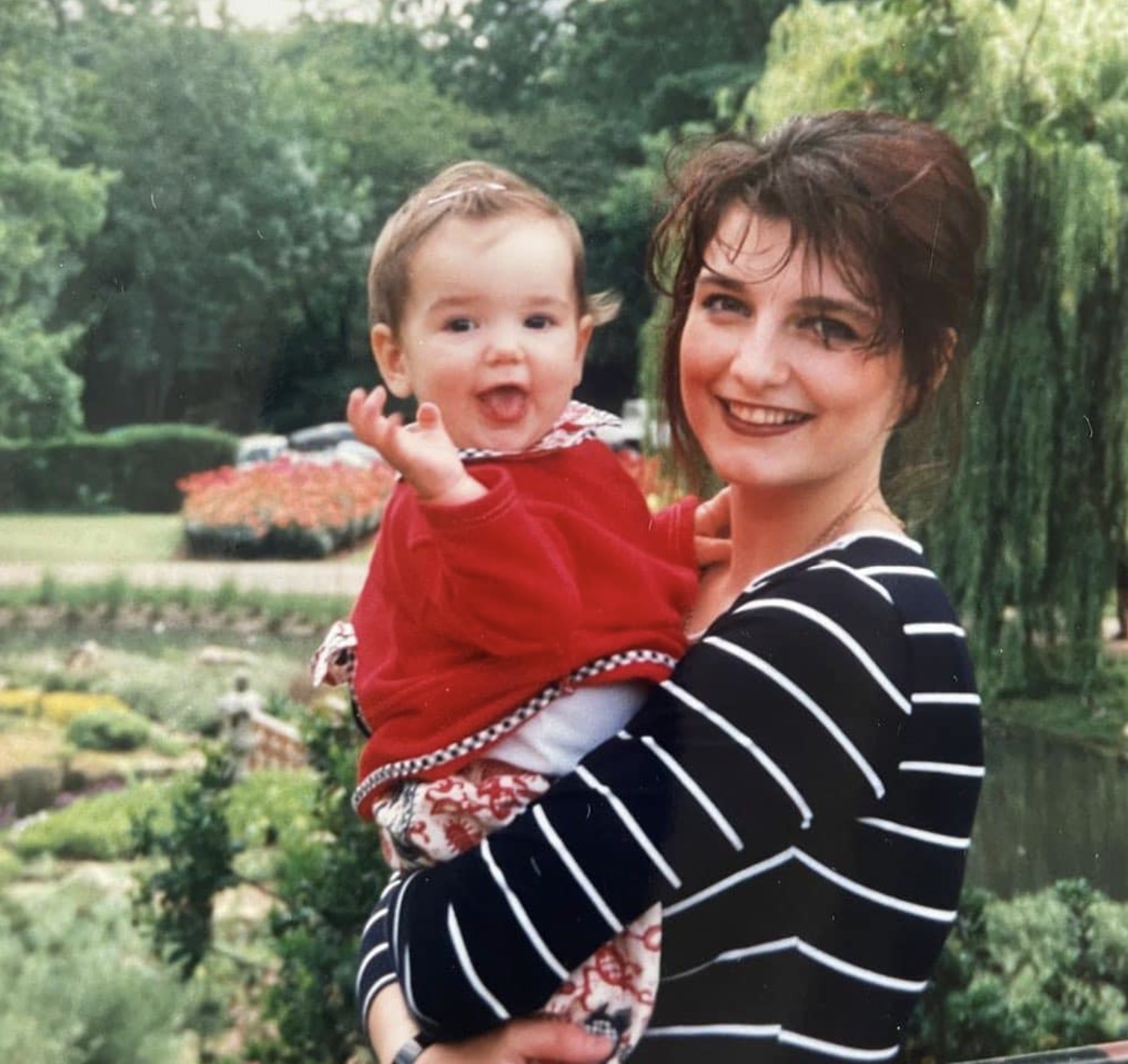
Although she was proud of her parents growing up, the girl was not always proud of her name, which means “love” in Albanian. Although she is proud of it now, she wanted a more common name growing up. Her name made her feel different from everyone else.
Another thing that embarrassed her growing up was the fact that her parents looked different from others. In school, the boys would tell her how attractive her mother was, and the girls would say the same about her father, which she didn’t enjoy.
As a young girl, she was strong-willed and ambitious. She knew she wanted to be a star and figured she wouldn’t be able to make it happen living in Kosovo.
One day, she sat her parents down and told them she wanted to return to London. She explained that she wanted to be a superstar and knew she would never be able to do it without being in a city like London. She planned to go to the Sylvia Young Theatre School on Saturdays and wanted to be where a lot was happening. She admitted:
“I didn’t think I’d be able to do this on a global scale, living in Kosovo.”
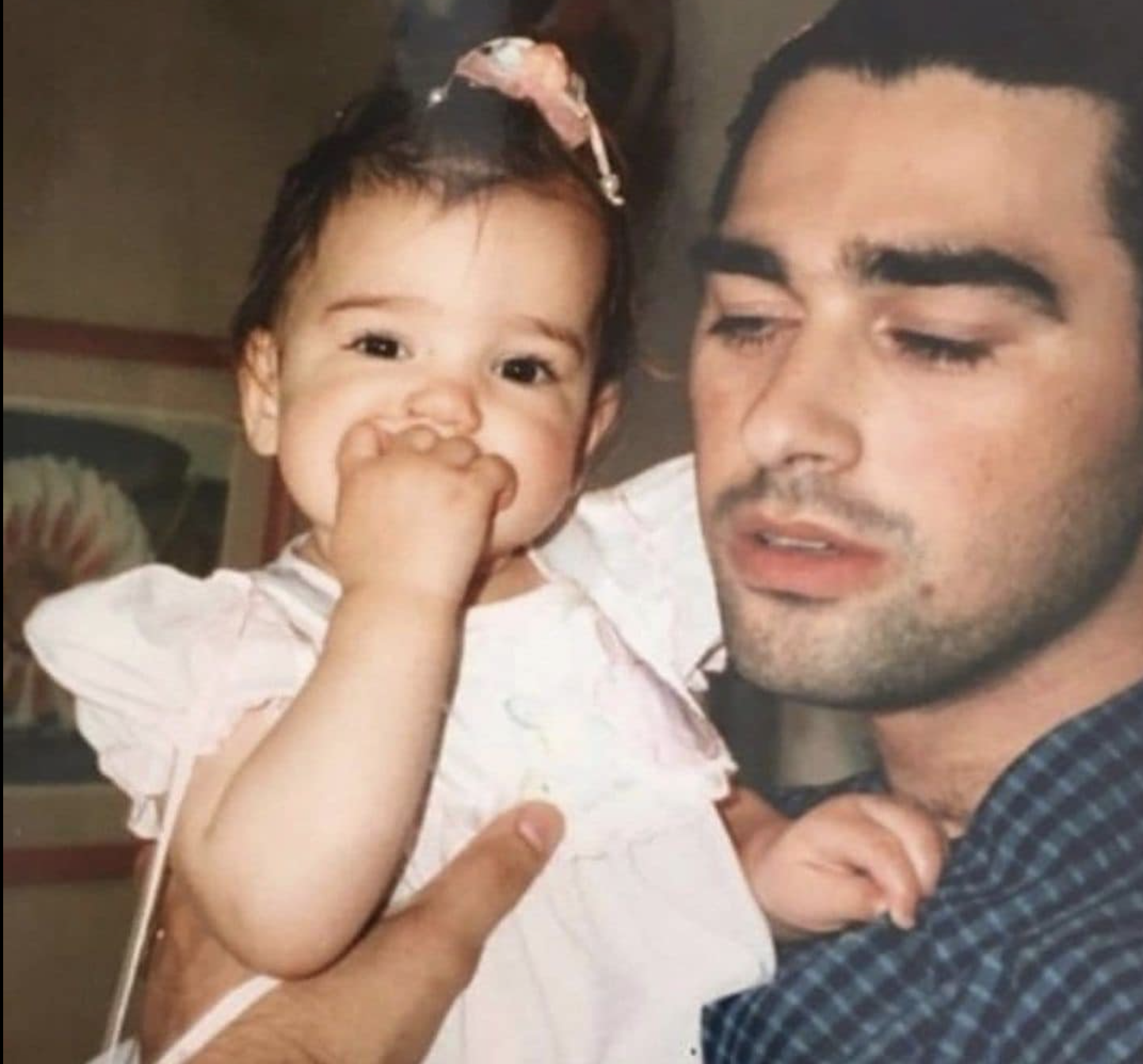
She tricked her parents into letting her go by telling them she wanted to attend an excellent British university and said she would need to do her GCSEs and A-levels in English to get there.
Her parents relented, and when she got back to London, she went to the Sylvia Young Theatre School and began recording demo tapes, which she uploaded to YouTube and Soundcloud.
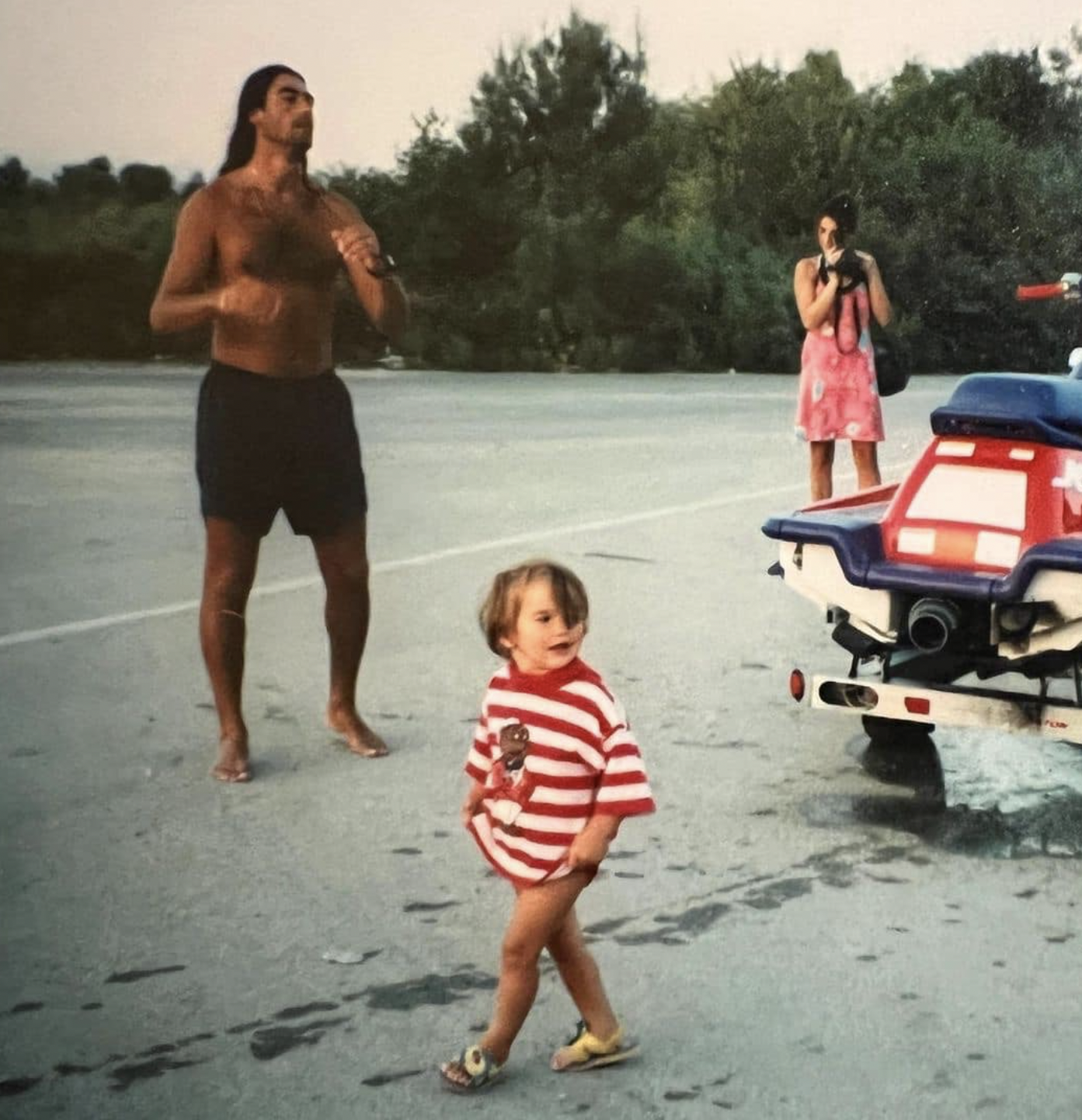
Although she could have run wild in London without much parental supervision, the girl knew that her parents trusted her, and she needed to uphold her end of the deal. The only parental supervision she had was from the family friends she was staying with while in London. She joked that she was the mom of her friend group and always responsible.
With this responsibility came ambition. The girl knew she wanted to be a star and started contacting producers. When one offered a publishing deal, she found a lawyer who told her not to accept it. He then found her her current manager, leading to her being discovered.
Her love for music, singing, and dancing started when she was very young, putting on performances for her friends and family all the time. She knew she had a natural talent when her singing teacher in London moved her into a class with teenagers when she was nine.
The first concert she attended in Kosovo was Redman and Method Man, as hip-hop was massive in Kosovo then. She also wished to see performers like Nelly Furtado and Pink in her hometown, but they had yet to come.
When she finally became successful, she returned to Kosovo with the Sunny Hill Festival, which brings international artists to Kosovo. She hopes that this festival is something that the people in her hometown can enjoy for many years.
Her younger brother and sister are also interested in the entertainment industry. Her little sister graduated from drama school, and her brother started producing music when he was seventeen. The girl is incredibly proud of her family, especially her parents. She once gushed:
“Everything I speak about comes from my upbringing. Seeing my parents adapt to any situation, raise a family, work many jobs, go to university in the evening… I watched them sacrifice, yet I understand how lucky I am to have a British passport and to have come back to London for my career.”
Her parents’ relationship also challenged the girl because, as she told it, her mother married her first love and first boyfriend. She felt pressure and thought that people saw something was wrong with her because she was single in her mid-20s.
However, she realized that it’s okay to be selfish and work on yourself before getting into a serious relationship and certainly before bringing any children into the world.
Who Is the Girl?
Dua Lipa is the girl with the name she couldn’t stand when she was a little girl. Despite all the adversity she faced growing up, she has now become a world-famous pop star and has broken many records.
In March last year, her song “Levitating” became the longest-charting Billboard Hot 100 hit ever. Her 2020 Thanksgiving weekend Studio 2054 livestream also broke records, amassing over 5 million views, and breaking the Guinness World Record for most tickets sold for a live-streamed concert by a solo female artist. She enjoyed the experience so much that even when she was allowed to tour, she would livestream again.
In 2021, she also became the most listened-to female artist on Spotify, for which she landed another Guinness World Record. However, she remains humble and does not take too much note of the awards she has won, even though she has been nominated for 10 Grammys and has won three.
Lipa’s professional life is going well, and her personal life is on the up, too. She recently gained Albanian citizenship. A video shows her signing the papers and beaming from ear to ear as she is granted citizenship.
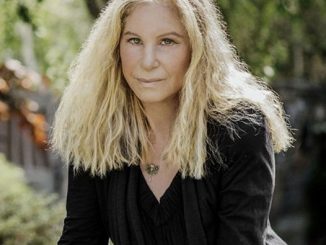


Leave a Reply